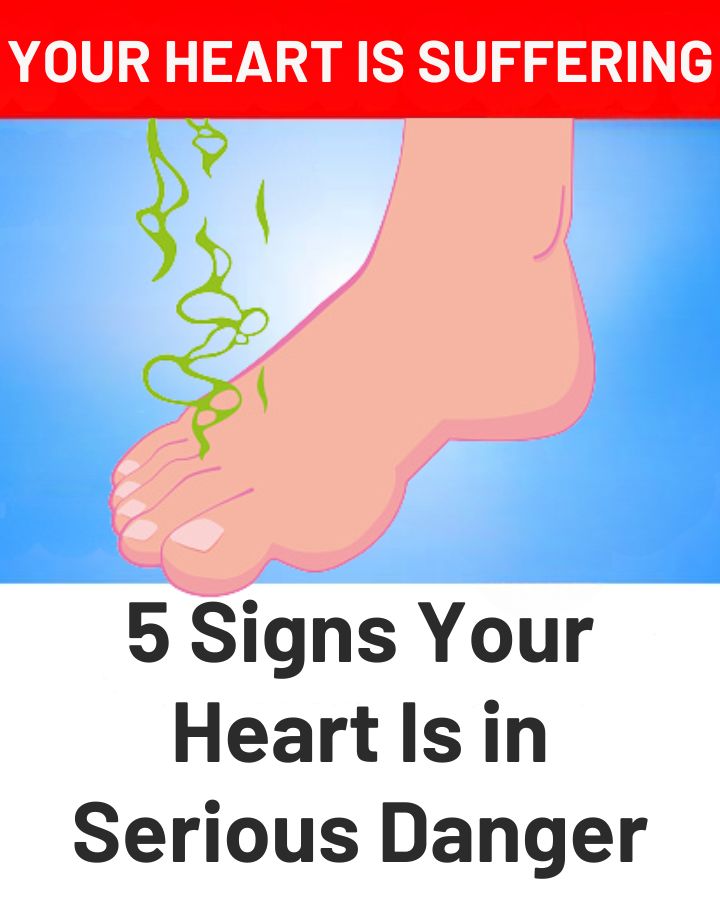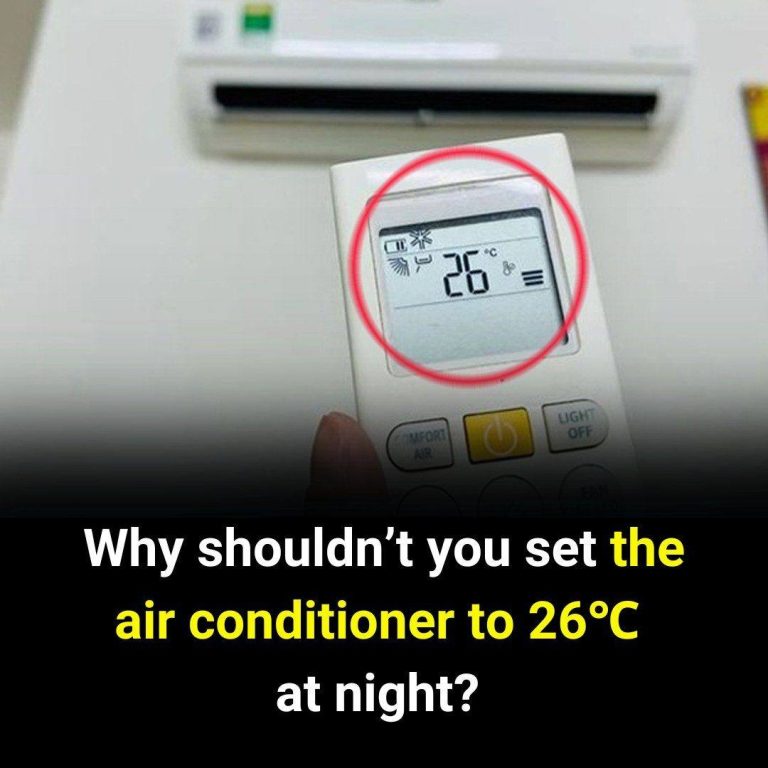5 Signs Your Heart Is in Serious Dan.ger
Recognizing the early warning signs of heart disease is crucial for timely intervention and maintaining heart health. Here are five key indicators that your heart may be in serious danger:The Irish Sun
1. Chest Discomfort
Often described as pressure, tightness, or pain in the chest, this symptom can indicate a blocked artery or an impending heart attack. The sensation may last for several minutes or come and go, and it can occur during rest or physical activity. If you experience unexplained chest discomfort, seek medical attention promptly. The Sun+3WebMD+3British Heart Foundation+3
2. Shortness of Breath
Feeling breathless after minimal exertion or while at rest can signal heart problems, such as heart failure or coronary artery disease. This symptom may occur independently or accompany chest discomfort. If you notice a sudden change in your breathing patterns, consult a healthcare professional. WebMD+5Harvard Health+5The Irish Sun+5
3. Dizziness or Lightheadedness
Experiencing dizziness, lightheadedness, or fainting spells can be associated with heart conditions. These symptoms may indicate that your heart isn’t pumping blood effectively, leading to reduced blood flow to the brain. If these episodes are frequent or severe, it’s important to seek medical evaluation. WebMD
4. Swelling in the Legs, Ankles, or Feet
Unexplained swelling in the lower extremities, known as edema, can be a sign of heart failure. When the heart can’t pump blood efficiently, fluid can accumulate in the legs, ankles, and feet. Persistent swelling should prompt a visit to your doctor for assessment. WebMD+9The Irish Sun+9Harvard Health+9WebMD+1Ochsner Health Blog+1British Heart Foundation
5. Irregular Heartbeat
Heart rhythm abnormalities, or arrhythmias, can cause sensations of fluttering, rapid beating, or skipped beats. While occasional irregularities may be harmless, frequent or severe episodes accompanied by other symptoms like weakness or chest discomfort warrant medical attention. nypost.com
Being aware of these signs and seeking prompt medical advice can significantly improve outcomes in heart disease. If you experience any of these symptoms, especially in combination, consult a healthcare provider to evaluate your heart health.






